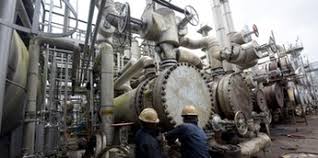The creation of a new infrastructure fund was one of several initiatives President Bola Tinubu of Nigeria announced on Friday to help the economy and lessen the inflationary effects of his decision to eliminate an expensive gasoline subsidy.
The 36 states of Nigeria will get assistance from the new Infrastructure Support Fund (ISF) to improve transportation, especially farm-to-market highways. The president’s office in a statement stated that it will also finance health, education, power, and water projects without going into specifics on how it will be funded.
According to spokesman Dele Alake, the fund “will enhance economic competitiveness, create jobs, and bring about economic prosperity for Nigerians.”
The announcement was made one day after the launch of a scheme to give free food and fertilizer. The central bank will control it.
After he eliminated a well-liked but costly gasoline subsidy that had kept prices low for years but had cost the government $10 billion the previous year, Tinubu has come under pressure to provide relief to consumers and small companies. This has increased deficits and debt for the government.
The government’s decision to discontinue the fuel subsidy without taking any action to reduce growing prices has drawn criticism, particularly from labor groups.
Nigeria also intends to freeze 790 billion naira ($997.47 million) of the 1.9 trillion naira in federal revenue that was scheduled to be distributed among the three tiers of government in June, according to Alake, as another move to reduce inflation.
After the subsidy was eliminated and the exchange rate was liberalized, distributable revenue among the levels of government nearly tripled.
Since 2016, inflation has remained in the double digits. In June, it increased even further, reaching 22.79%.




















